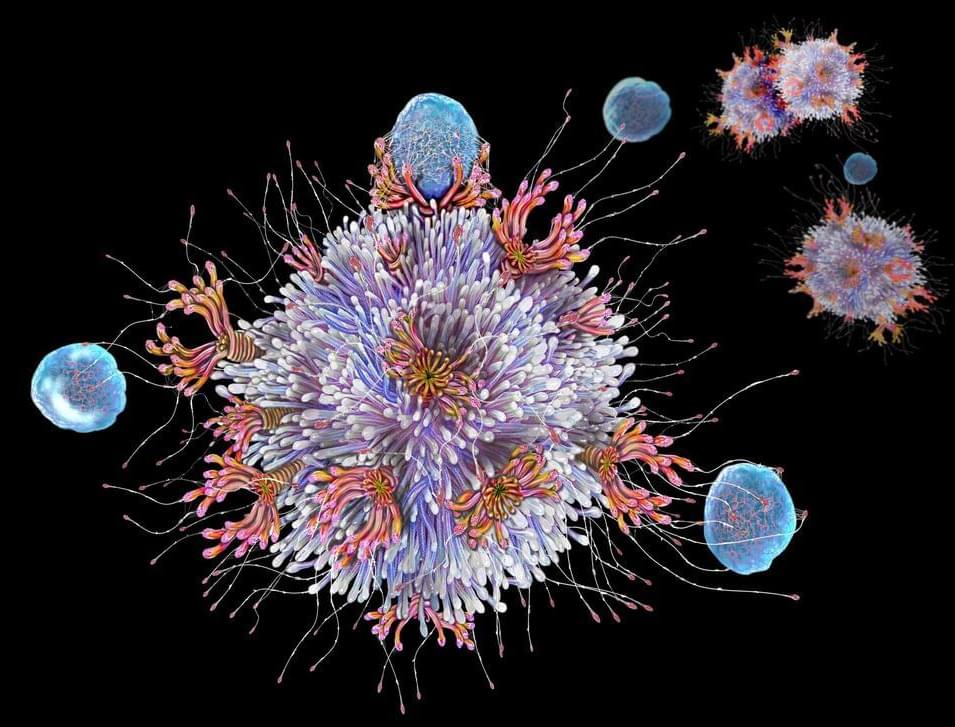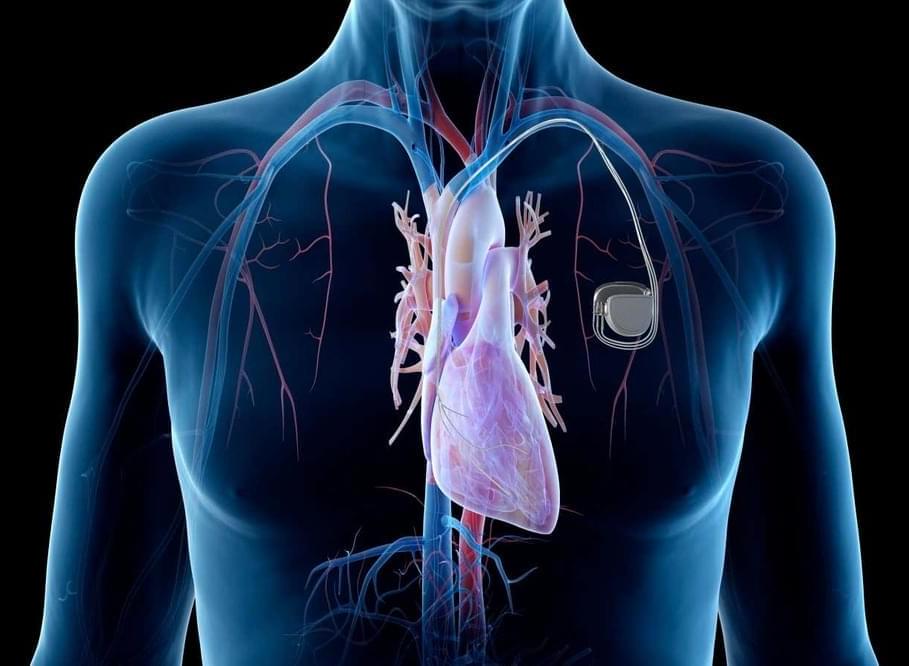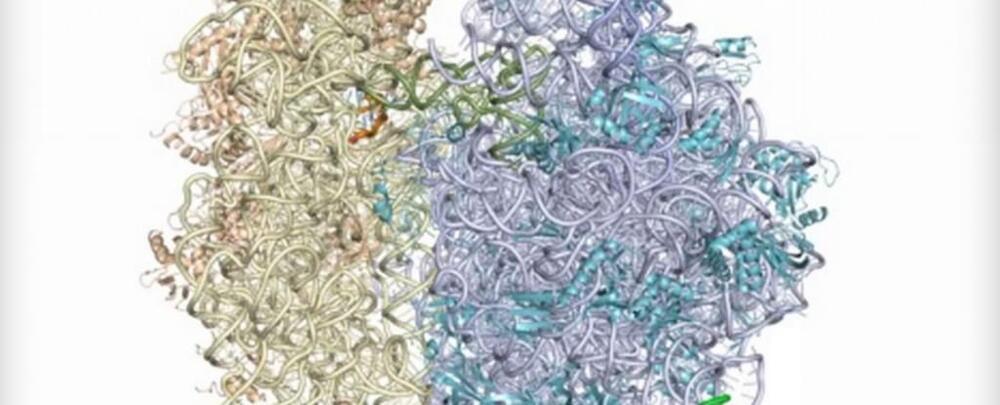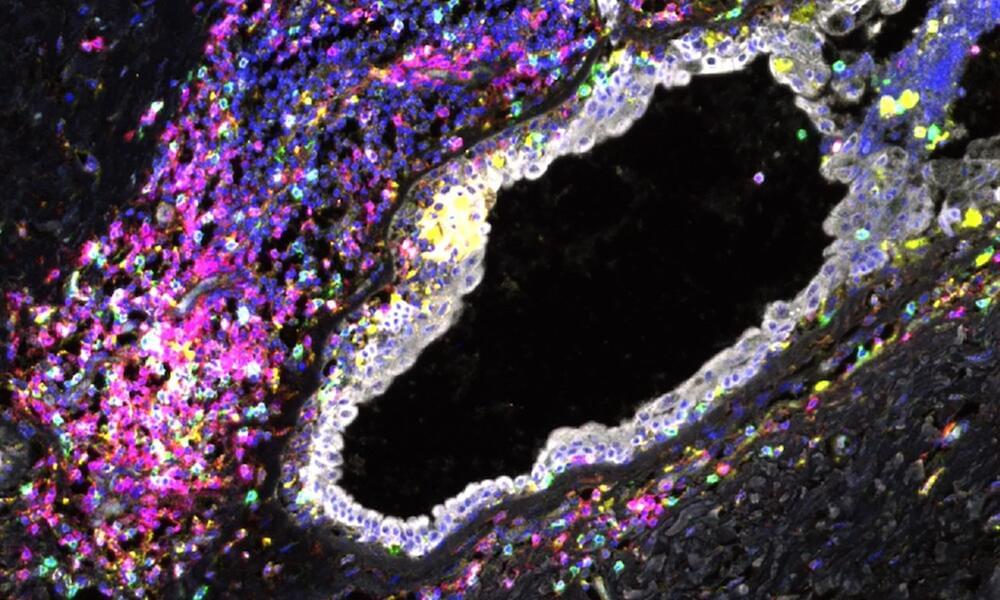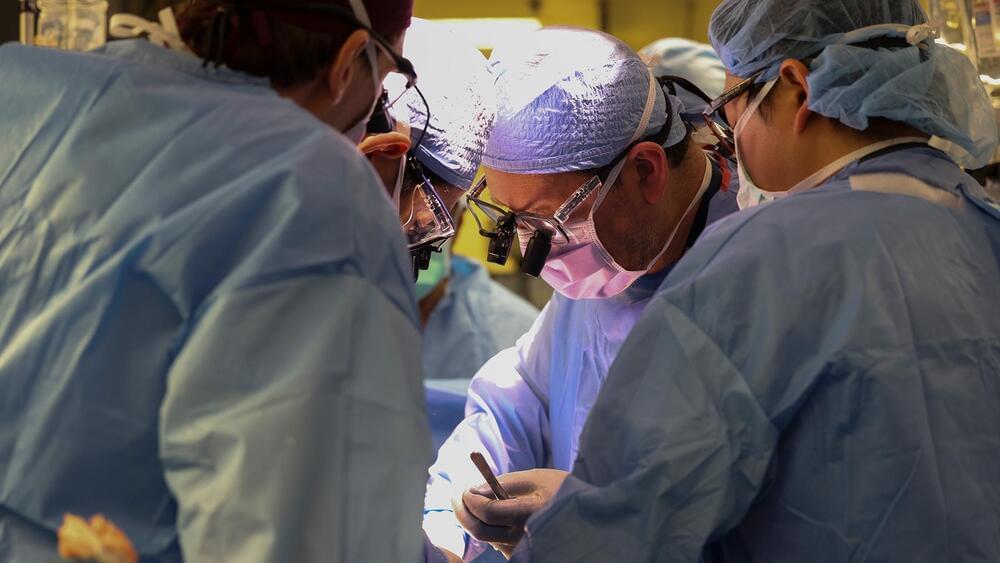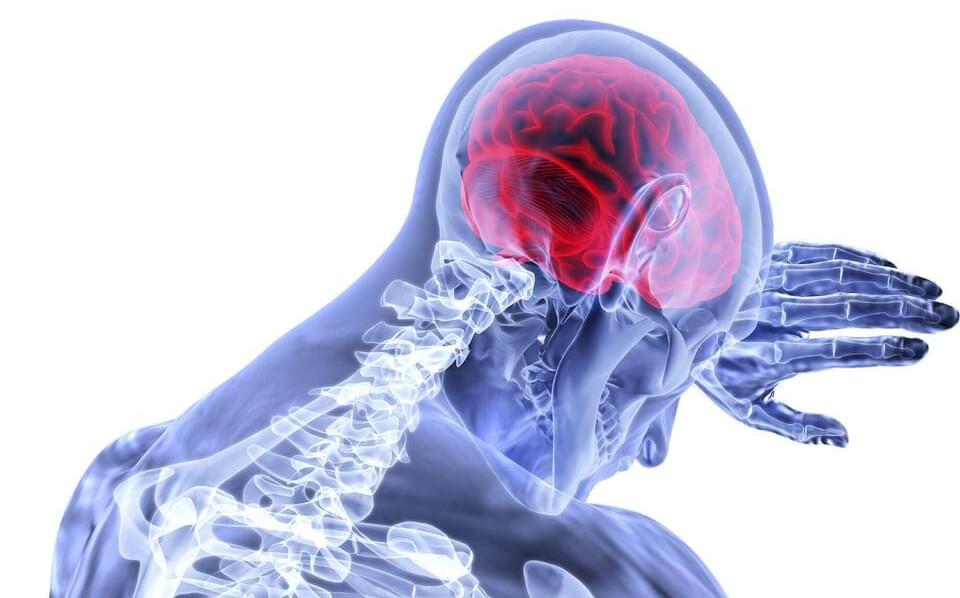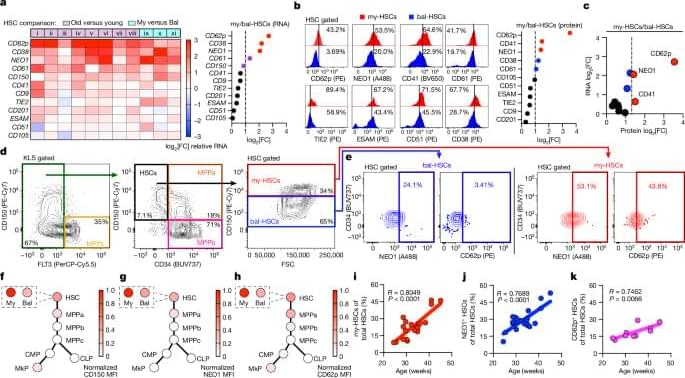The results of the team’s research showed that the approach, targeting a subset of hematopoietic stem cells (HSCs) that increase with age, rebalanced blood-cell production and reduced age-related immune decline. The treatment significantly improved the ability of geriatric animals’ immune systems to tackle a new virus, and to respond to vaccination, enabling the animals to fight off a new viral threat months later.
“This is a real paradigm shift—researchers and clinicians should think in a new way about the immune system and aging,” said Stanford postdoctoral scholar Jason Ross, MD, PhD. “The idea that it’s possible to tune the entire immune system of millions of cells simply by affecting the function of such a rare population is surprising and exciting.”
Weissman, who is professor of pathology and of developmental biology, and Kim Hasenkrug, PhD, the chief of Rocky Mountain Laboratories’ Retroviral Immunology Section, are senior authors of the team’s published study in Nature, titled “Depleting myeloid-biased haematopoietic stem cells rejuvenates aged immunity.” Ross and Lara Myers, PhD, a research fellow at Rocky Mountain Laboratories, are lead authors of the report, in which the team concluded, “The clinical development of safe protocols to rebalance HSCs could have broad effects on a number of age-associated issues.”
